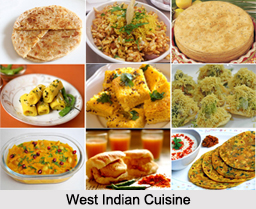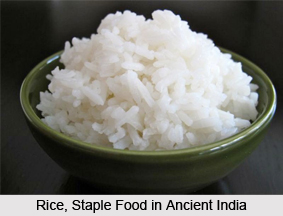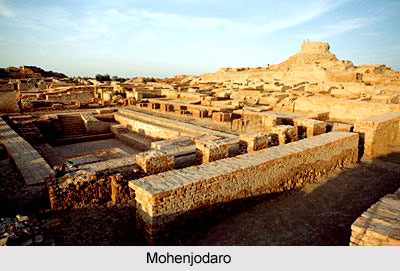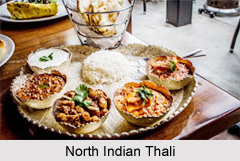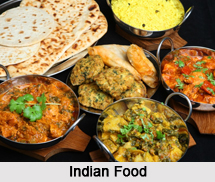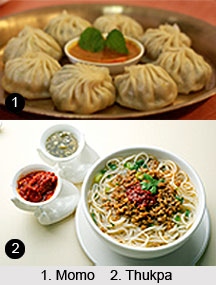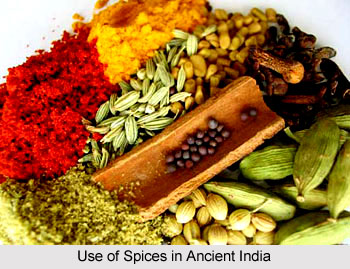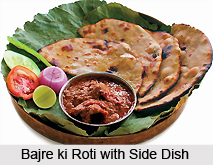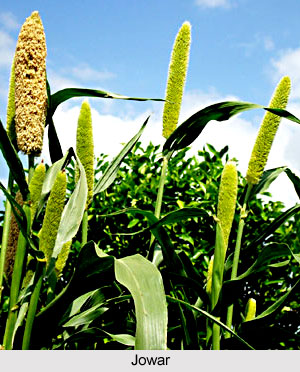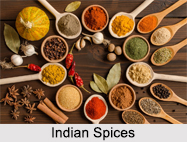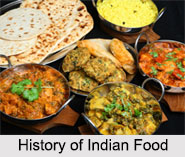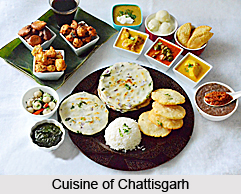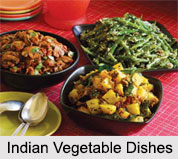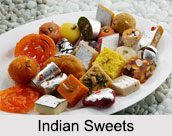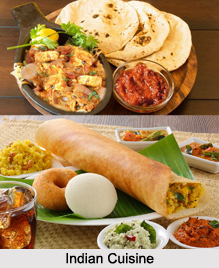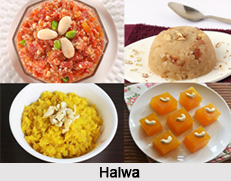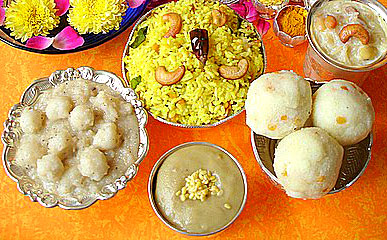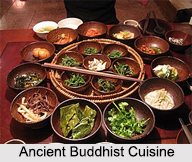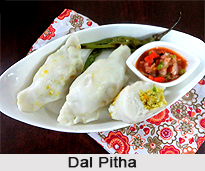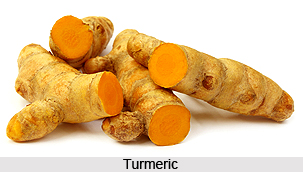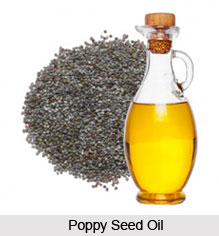 Poppy Seed Oil is an edible oil from poppy seeds. It has smooth, subtle flavors that also work well as a condiment. It is a non-yellowing drying oil forming a hard and lustrous layer. The oil is rendered colourless by exposure to the sun. It dries much slower and more uniformly than linseed oil.
Poppy Seed Oil is an edible oil from poppy seeds. It has smooth, subtle flavors that also work well as a condiment. It is a non-yellowing drying oil forming a hard and lustrous layer. The oil is rendered colourless by exposure to the sun. It dries much slower and more uniformly than linseed oil.
Poppy seeds contain up to 50% of edible oil, which is extracted by either cold or hot expression. It has Iodine value of 132-142 and Saponification value of 188-196. In India, the oil is generally extracted by cold pressing the seed in small presses in homes or small establishments (oil yield about 20%). Raw cold-pressed oil is pale to golden yellow in colour.
Poppy seeds have long been thought to have health benefits. Ancient Greek athletes often consumed a mixture of poppy seeds, honey and wine for health and strength.
Types of Poppy Seed Oil
Hot pressed oil is largely used in soap making. It may be rendered edible by refining. The oil yield from black and white seed is about the same, but the former is more commonly used for expression of the oil because of its easier cultivation. However, white seeds reported to yield the finest oil. Seeds from the capsules, which have not been scarified for opium, give a higher yield of oil than from those scarified.
Uses
In the 19th century poppy seed oil was used as cooking oil, lamp oil, and varnish, and was used to make paints and soaps. Today, all of these uses continue, and poppy seed oil has additional culinary and pharmaceutical uses.
•In oil painting, it is a popular oil for binding pigment, thinning paint, and varnishing finished paintings.
•Iodized poppy seed oil has several kinds of pharmaceutical uses.
•Prevention of iodine deficiency.
•Poppy seed oil had long been used as a carrier to treat tumors.
•With their abundance of carbohydrates and calcium, organic poppy seeds are considered a good source of energy.
•Raw poppy seed oil is high in essential fatty acids.
•Poppy seed oil is rich in linoleic acid which protects against heart disease and heart attacks and oleic acid that prevents breast cancer.
•The poppy plant has been used for the manufacture of medicines.
•Poppy seeds have no narcotic properties.
poor hair and nail quality, and act as a supportive agent for osteoporosis
•heartburn
•muscle spasms and pain in the back of the head by calming the nervous system
•The poppy slows the process of aging.
•Poppies also aid in wound healing, enhance fertility, and support the nervous system.
•The fine poppy aroma has a soothing effect on the mind, and thus can be used as a relief for headaches, overworking, and stress, as well as in massage blends for children.
Poppy seed oil was sometimes added to olive and almond oils as "Adulterant". Poppy seed oil is widely used for culinary purposes. Poppy seed oil has a faint aroma and a pleasant taste. It is free from narcotic properties and is used mixed with olive oil or as salad oil. It has a longer shelf life than other oils and possesses no narcotic effects.
